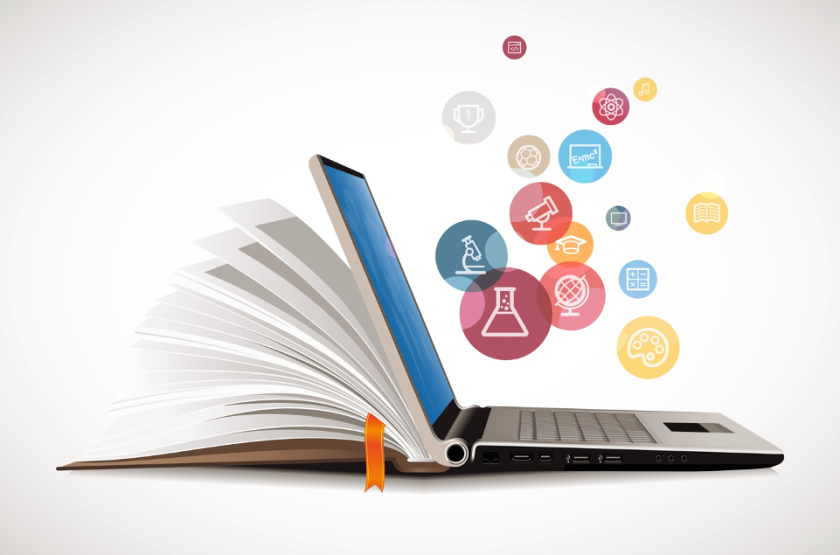Will machines really ever takeover?
- Yasmeen
- September 1, 2015
- 4,122 views

Machine translation can be great for translating a single word or getting a rough understanding of an article. It’s accessible, instant and free making it very suitable for internal purposes.
But the method in which machine translation takes place means interpretation is impossible. A machine will never be able to pick up the cultural context of a document and will often merely provide literal translations of anecdotes, nuances and metaphors.
Despite the continuous advances in technology, no machine can ever master a language as well as a native speaker and that is why within the translation field we are confident that machines will never fully replace the human translation industry.
Not only can human translators understand the differences between language pairings but simultaneously they can insure the same effect, tone and intention of the translation through being knowledgeable about the various industries
With subject knowledge and first language expertise combined, human translators moreover have the ability to provide creativity to produce a translation that ensures it’s ready to be viewed by its target audience. Whether this means imaginative flair or definite professionalism, only humans can guarantee their translation will be suitable for its intended purpose.
Not just human, super human.
Translation should never be an obstacle to going global; and that’s why here at Stepes we understand the importance of marrying both legitimate translation and linguistic flow using our very own ‘super-human” translators.
Based on the unrivalled foundation laid out by TermWiki; Stepes provides access to over 50,000 pre-approved translators. Each with their own industry and language specific skillset, we ensure that no matter how specific the terminology, only translators with proven expertise and those who truly understand your industry take on the task of translating your work.
Not only can our human translators ensure your content is translated accurately, they can also tailor it to the final documents’ purpose, taking into account word count, target audience and cultural sensitivity.











